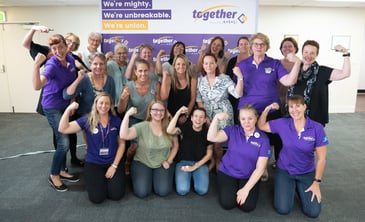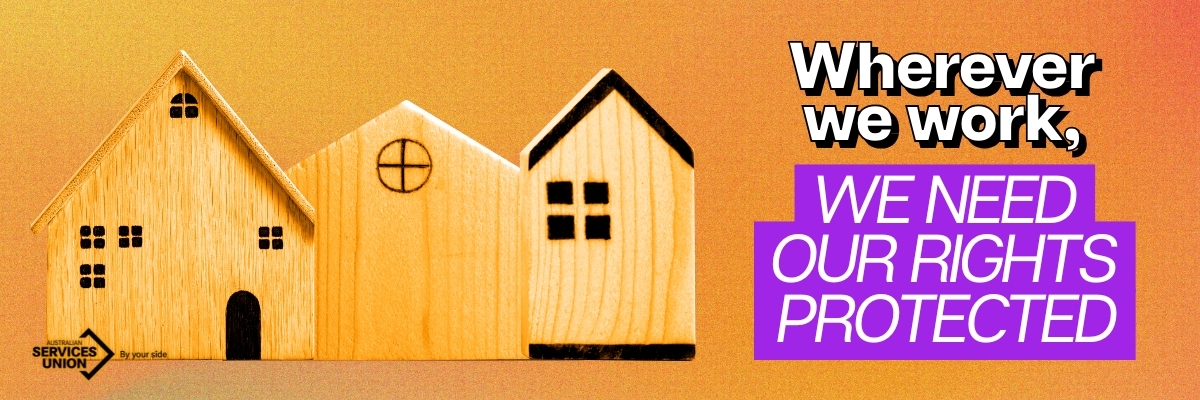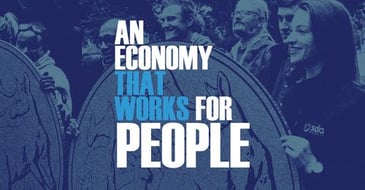Posts about Private Sector
 Paid family & domestic violence leave in federal parliament!
Jul 28, 2022 4:25:41 PM
Paid family & domestic violence leave in federal parliament!
Jul 28, 2022 4:25:41 PM
 Unions win historic wage increase
Jun 15, 2022 3:04:00 PM
Unions win historic wage increase
Jun 15, 2022 3:04:00 PM
.png?width=365&name=Paid%20FDV%20leave%20(2).png) Unions win 10 days paid family and domestic violence leave.
May 17, 2022 11:25:01 AM
Unions win 10 days paid family and domestic violence leave.
May 17, 2022 11:25:01 AM
 Join the campaign and demand a pay rise
Apr 1, 2022 1:28:40 PM
Join the campaign and demand a pay rise
Apr 1, 2022 1:28:40 PM
 Together members at Maurice Blackburn approve EBA!
Feb 4, 2022 11:37:00 AM
Together members at Maurice Blackburn approve EBA!
Feb 4, 2022 11:37:00 AM




